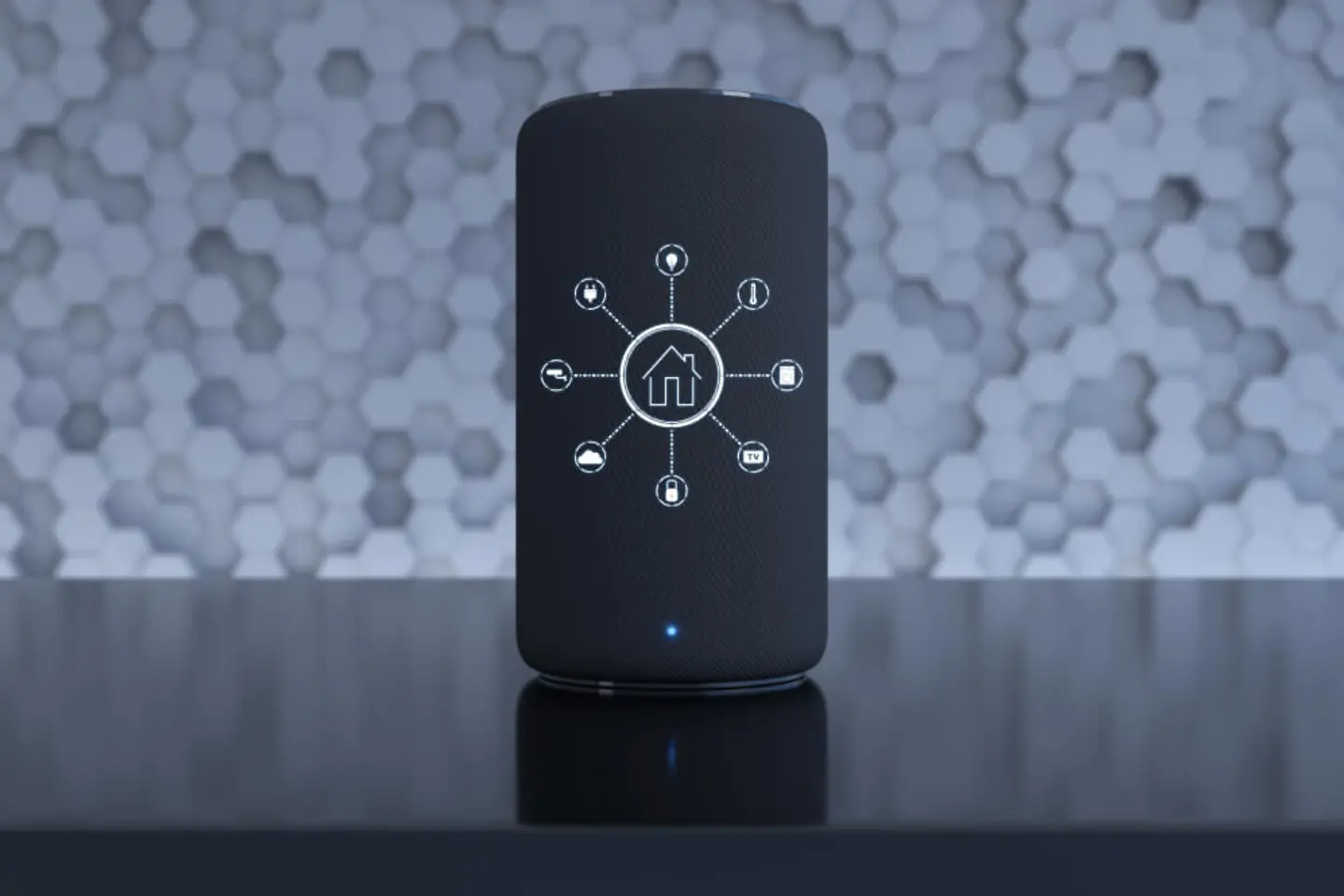
Digital voice assistants on trend. They simplify the operation of numerous devices in the home, offer a quick way to find out information, take calls and play music. Magenta Speaker is Deutsche Telekom’s answer to Alexa, Siri, and other voice assistants.
“Hello Magenta” is all that’s needed for the digital butler to reliably fulfill his duty. To ensure he functions seamlessly however, more is needed than just a solid IT backend. A dedicated team must continuously develop the skills of the smart speaker in the background, to ensure that he may offer users a high-quality user experience – with new services, skills and options. Those who wish to be successful in this dynamic competitive environment, need agile methods. There is no way around DevOps. This is the only way that changes can be implemented quickly.
With T-Systems, we have an application that operates reliably and scalably in an agile market environment.
Bernd Weinmann, head of “Smart Voice Hub” operations at, Deutsche Telekom AG
With the Magenta Speaker, Deutsche Telekom navigating a terrain characterized by high agility and strong competition. Users are continuously expecting new services, which can be realized using skills. In this environment, agile software development is essential for offering customers a genuine alternative and achieving success in the market. But Development is not everything. The term DevOps emphasizes which way the journey goes: through to agile software provision, which envisions development and operations in a holistic way. Agile development must be closely connected with agile operations from the cloud. This concept call the established – and separate – procedures for development and operations into question.

Things operate differently in the world of DevOps; both developers and operations personnel need new skills. To launch DevOps for the smart speaker, the responsible business unit within Deutsche Telekom chose T-Systems as a service partner for the cloud-native operation of the smart speaker backend. The goal: An application that operates with stability and scalability in a highly agile, international environment, in which constant change has become the norm. In much the same way as growth: In addition to the Magenta Speaker, the backend must also reliably provide additional devices in other European countries with “intelligence”.
“For DevOps solutions, it is important that the Operations teams are involved with the project right from the start”, explains Marion Cremer, project leader at T-Systems. There are two organizational approaches for realizing this exchange of thoughts and ideas: Either development and operations come from the same place, that is, implemented by the same people, or the Development and Operations team are separate, organizationally speaking, but work closely together on the ongoing development and integration on the basis of DevOps methods.
“Our client, Deutsche Telekom, chose the latter DevOps approach, whereby one team is responsible for the development and a second ensures the high-performance operation in an agile environment”, explains Peter Reinecke, Head of Services at T-Systems. Operations, including the monitoring of services, but also the coordination of the network of involved partners, in particular third parties, is the responsibility of T-Systems. “We have a wealth of different participants and it is our task to ensure that the different parts in the machine function as a whole”, explains Marion Cremer. The suppliers ensure that operations will continue to run stably against a background of ongoing updates, meaning the end user will by able to use their Speaker at any time.
This encompasses the deployment of new versions, which originate with Development, and the quick remedying of errors, in the event that an update doesn't go according to plan or other disruptions come to pass. With traditional operation methods in accordance with ITIL, this would not be possible: an agile Operations team in close coordination with Development is required. Owing to the number of participants and the abundance of simultaneous developments – various partners are enriching the voice assistant with their own skills – a simple Scrum approach is not expedient. Collaboration within the project takes place via the Scaled Agile Framework (SAFe), over which the development streams are coordinated.

With the DevOps approach for the smart speaker, Deutsche Telekom is investing in agile IT provision for an agile market environment. With the help of T-Systems, Deutsche Telekom was able enter the market for smart voice assistants. This frees up the Business team from Deutsche Telekom to focus all their resources on developing business innovations and product management. Development and operation take place hand in hand – using teams, who are confident in the use of DevOps methodology. In this way, the business requirements of markets and customers for new services and be quickly realized. Users enjoy an excellent user experience, that comprises both innovations and the reliable availability of the services. Since June 2019, T-Systems has ensured that the voice assistant backend meets the requirements of the mass market in an agile environment. At the same time, the platform – and with it the operations team – is fully scalable. If Deutsche Telekom wants to enter new national markets, the voice assistant backend and necessary operational capacities are already in place.